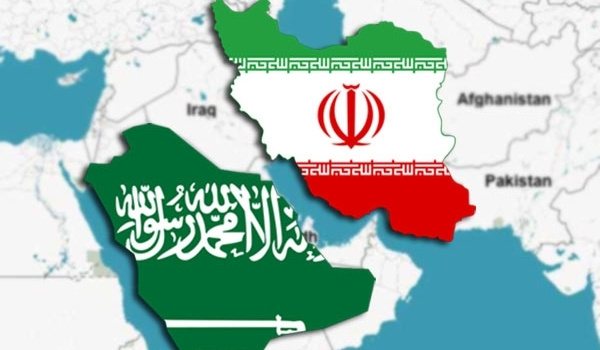Behind Saudi Arabia’s Brinksmanship

By: Ali al-Moayyed
With the rise of Salman to kingship, and the coming to power of his circle, particularly his young, inexperienced son Muhammad, both domestic politics and foreign policy of Saudi Arabia have undergone a dramatic change. How can we explain the new status in Riyadh?
It is clear that the new royal cabinet in Riyadh has banked on a crisis business in diplomatic and religious affairs to reinforce its position. The death of King Abdullah was followed by a strong dispute inside the Saudi household, especially between Abdullah’s son, Abdulaziz, on one side, and King Salman and his son Muhammad on the other side. Prince Muqrin’s dismissal from his position as heir to the throne was a result of these struggles. Enthusiasm among the new cabinet to launch a war against Yemen, intensify the Syrian crisis, obstruct the presidential election in Lebanon and stoke tension vis-à-vis the Shia polities, particularly the Islamic Republic, in the Middle East, are all elements of a policy to gain domestic legitimacy and silence rivals. Any opposition in these circumstances would be called treason.
The rise of Da’esh (ISIS) as a religious, ideological rival was another key challenge. A survey carried out a few months ago showed that over 60 percent of Saudi citizens approved of ISIS [sic]. Clearly, ISIS is playing as a tough rival against the Saudi regime which draws on a similar puritan salafi Wahhabi doctrine. A lineup between al-Baghdadi, the self-proclaimed ‘caliph’ against King Salman, Custodian of the Holy Sites, is not what the Saudi rulers want calls for intensification of tensions with Shias, rafidhis, in Sunni extremists’ discourse, so as to attract further suppoters. Both Da’esh and Saudi rulers view Shias as a larger threat than the West and Zionists, a key point which shouldn’t be missed. That explains why Saudi-backed media ocassionally try to humiliate ISIS or al-Qaeda by calling them a pawn of Iran/Shias.
The tough competition between Saudi Arabia and other Sunni countries to take the position of leadership in the Muslim and Sunni World is another factor that has created the current turmoil. The Saudi regime has been accused of incapability against the rising Shia regional power in the recent years. Riyadh’s retreat against rival Sunni countries such as Turkey, Egypt and even Qatar has not been left unnoticed. Saudi Arabia has been trying to wield its economic, religious and military power to tilt the balance in its own favor.
Iran’s return to regional and international relations following the nuclear deal and end of a cruel siege against the country is another cause of the sharp change in Saudi Arabia’s behavior. Riyadh had basked in the golden opportunity of Iran’s absence from the international stage, and its position is now threatened with Tehran’s return. The West seems to understand Iran’s discourse better and prefers a moderate Shia approach to a radical, extremist Wahhabi doctrine. While a hostile state, Iran is seen as a rational and reliable entity, while Saudi Arabia is accused of support for extremist and terrorist movements. Riyadh, however, does not want to replace Iran in the rank of “evil” states. Saudi-sponsored media are doing their best to deflect accusations of support for al-Qaeda, ISIS and other terrorist groups to Iran. This seems to be the best juncture for Iran to return the regional power balance into its normal state or tilt it in its own favor. Return to the global stage will help Tehran to restrict Saudi Arabia’s power to maneuver.
Inefficiency of Saudi Arabia’s military machine in Iraq, Syria, Lebanon and Yemen, while Iran’s military and paramilitary allies have proved their mettle is another factor. The region is ready for a dramatic status shift, and in such circumstances brinksmanship is a useful tool to either maximize benefits or cover up losses. Saudi is using oil, religion, guns and media cards to turn the tide in its own favor, but Iran can emerge as the victorious side if it acts with prudence.
* Ali al-Moayyed is a member of the Islamic Supreme Council of Iraq.

